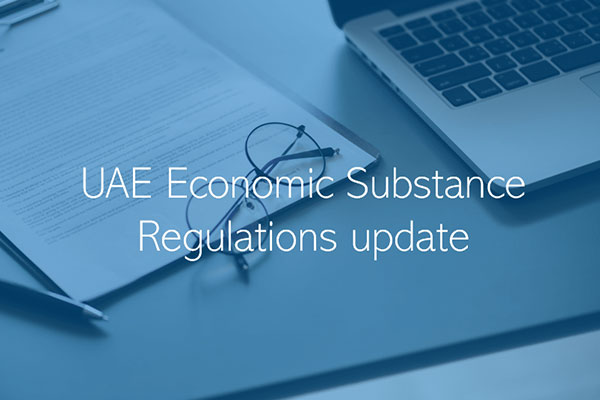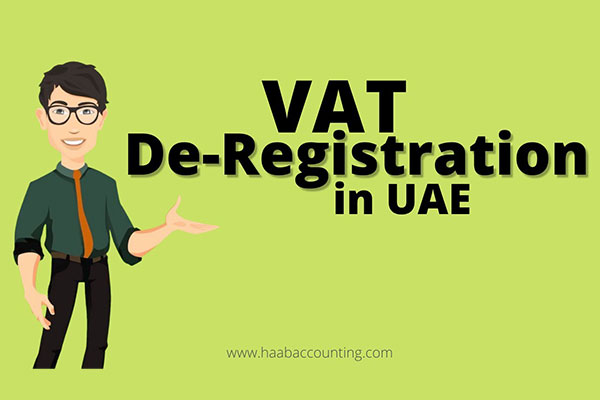Relevant Activities under ESR (Economic Substance Regulations) in UAE
The Regulations apply to companies and other business forms registered in the UAE, including in a Free Zone or in a Financial Free Zone, that carry out any of the Relevant Activities under ESR. As per the Cabinet Resolution No. 31 issued on April 30, 2019, the following are the relevant activities:
- Banking Businesses
- Insurance Businesses
- Investment Fund Management Businesses
- Lease-Finance Businesses
- Headquarters Businesses
- Shipping Businesses
- Holding Company Businesses
- Intellectual Property Businesses
- Distribution and Service Centre Businesses
Banking Businesses
“Banking Business” means the business of accepting deposits of money which may be withdrawn, or that are repayable on demand or after a fixed period, or after notice, by cheque or otherwise, and the use of such deposits, either in whole or in part, in:
- the making or giving of loans, advances, overdrafts, guarantees or similar facilities; or
- the making of investments,
for the account and at the risk of the Licensee
Core Income Generating Activities of Banking Businesses
- Raising funds, accepting posits from Public, managing risk including credit, currency and interest risk.
- Taking hedging positions, mitigates risks by taking opposing or offsetting positions
- Providing loans, credit or other financial services to customers (individuals, corporations and other financial institutions)
- Managing capital and preparing reports to investors or any government authority with functions relating to the supervision or regulation of such business.
Insurance Business
Insurance Business means the business of accepting risks by effecting or carrying out contracts of insurance, in both the life and non-life sectors, including contracts of reinsurance and captive insurance arrangements.
Core Income Generating Activities of Insurance Business
- Predicting and calculating risk.
- Insuring or re-insuring against risk and providing Insurance Business services to clients.
- Underwriting insurance and reinsurance.
Investment Fund Management Businesses
The definition of an Investment Fund Management Business encompasses Licensees that provide discretionary investment management services in relation to domestic or foreign “Investment Funds”.
Core Income Generating Activities of Investment Fund Management Businesses
- Taking decisions on the holding and selling of investments.
- Calculating risk and reserves.
- Taking decisions on currency or interest fluctuations and hedging positions.
- Preparing reports to investors or any government authority with functions relating to the supervision or regulation of such business.
Lease-Finance Business
The definition of a Lease-Finance Business encompasses Licensees that offer credit or financing for any kind of consideration, and includes intra-group financing. Offering credit or financing includes making loans to related or unrelated parties, entering into finance leases in relation to assets other than land, and providing credit in the form of hire purchase agreements, long term credit plans, and other types of financing arrangements. The investment in bonds or similar securities or debt instruments that are traded on a regulated exchange would also not be considered a Lease-Finance Business.
Core Income Generating Activities of Lease-Finance Business
- Agreeing funding (e.g. equity, preference shares, debt, etc.) terms.
- Identifying and acquiring assets to be leased (in the case of leasing).
- Setting the terms and duration of any financing or leasing.
- Monitoring and revising any agreements.
- Managing any risks.
Headquarters Business
A Licensee is regarded as carrying on a Headquarters Business if the Licensee provides services to foreign group companies, and through the provision of such services:
- The Licensee takes on the responsibility for the overall success of the group; or
- The Licensee is responsible for an important aspect of the overall group’s performance.
Core Income Generating Activities of Headquarters Business
- Taking relevant management decisions.
- Incurring operating expenditures on behalf of group entities.
- Coordinating group activities.
Shipping Business
To undertake a Shipping Business, a Licensee must operate one or more ships in international traffic, for the transport of either passengers, cargo or both.
The definition of a “ship” for purposes of the Regulations does not include:
- vessels used for fishing; ●
- vessels that are “small” (i.e. tonnage does not exceed ten tonnes); and ●
- leisure vessels (e.g. cruise ships and private yachts).
Core Income Generating Activities of Shipping Business
- Managing crew (including hiring, paying and overseeing crew members).
- Overhauling and maintaining ships. (c) Overseeing and tracking shipping.
- Determining what goods to order and when to deliver them, organising and overseeing voyages.
Holding Company Business
A Holding Company Business defines under Article 1 of the Regulations as a business that:
- Is a Holding Company in accordance with the law applicable to the Licensee carrying out such activity
- has as its primary function the acquisition and holding of shares or equitable interests in other companies
- does not carry on any other commercial activity
Core Income Generating Activities of Holding Company Business
all activities related to acquiring and holding shares or equitable interests in other companies, provided that such activities do not constitute another Relevant Activity, in which case, the CIGAs shall be those related to that other Relevant Activity.
Intellectual Property Business
A UAE business is regarded as carrying on an Intellectual Property Business if it holds, exploits, or receives gross income from “Intellectual Property Assets”. An Intellectual Property Asset is defined as any intellectual property right in intangible assets, such as copyrights, patents, trademarks, brands, and technical know-how, from which the Licensee earns separately identifiable income in the form of royalties, license fees, franchise fees, capital gains and any other income from the sale or exploitation of the Intellectual Property Asset.
Core Income Generating Activities of Intellectual Property Business
- taking strategic decisions and managing (as well as bearing) the principal risks related to development and subsequent exploitation of the intangible asset generating income.
- taking the strategic decisions and managing (as well as bearing) the principal risks relating to acquisition by third parties and subsequent exploitation and protection of the intangible asset.
- carrying on the ancillary trading activities through which the intangible assets exploits leading to the generation of income from third parties.
Distribution and Service Centre Business
A “Distribution and Service Centre” Business refers to two distinct activities that are covered under one “Relevant Activity” heading.
A Licensee is considered engaged in a “Distribution Business” if the Licensee purchases raw materials or finished products from a foreign group company, and distributes those raw materials or finished goods.
A Licensee is considered engaged in a “Service Centre Business” if it provides consulting, administrative or other services to a foreign group company, and those services are in connection with the foreign group company’s business outside the UAE.
- Transporting and storing component parts, materials or goods ready for sale.
- Managing inventories.
- Taking orders.
- Providing consulting or other administrative services to the Licensee’s foreign group companies
How HAAB Accounting can help you?
Our experienced team will assist you to determine whether you are within the rules and guide you as to what actions are required to ensure full compliance. We are here to help you to from creating ESR Notification until generating the final report.
Contact us for any guidance related to Economic Substance Regulation




